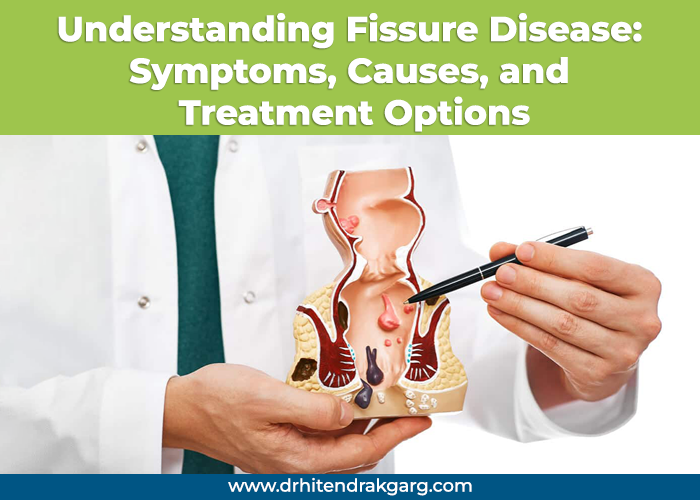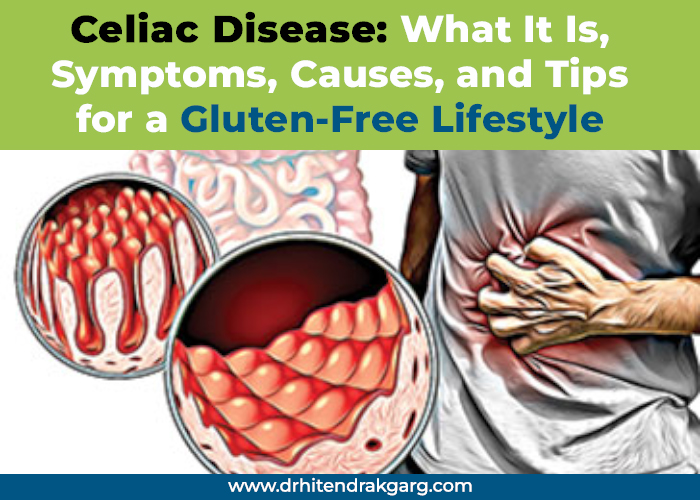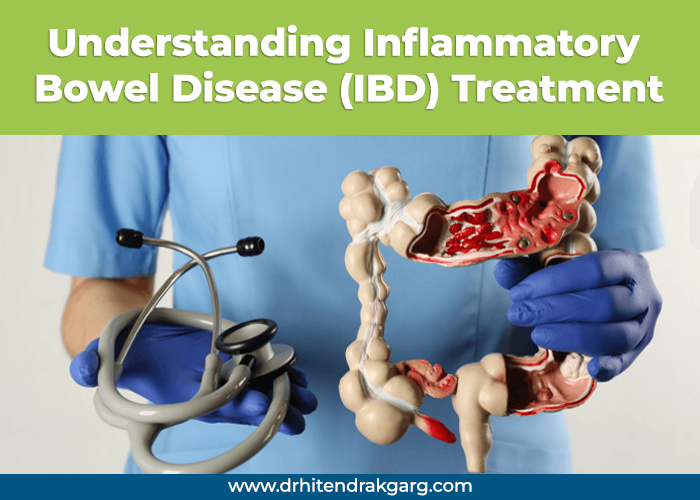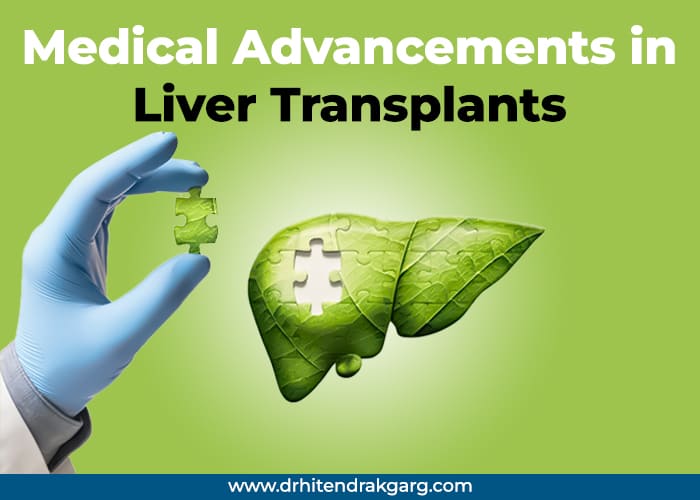Fissure disease, also known as anal fissure, is a common condition that affects the delicate tissues lining the anus. While it might sound alarming, understanding this condition can help alleviate fears and find effective treatments. In this blog, we'll delve into the symptoms, causes, and treatment options for fissure disease, shedding light on this often misunderstood ailment.
What is Fissure Disease?
Fissure disease manifests as a small tear or cracks in the skin around the anus. This tear can cause discomfort, pain, and even bleeding during bowel movements. While it might seem like a minor issue, the pain associated with fissures can significantly impact daily life and quality of life.
Symptoms of Fissure Disease:The symptoms of fissure disease are relatively straightforward to identify. They include:
Anal pain: Often described as sharp or burning, especially during or after bowel movements.
Bleeding: Bright red blood on toilet paper or in the toilet bowl after a bowel movement.
Spasms: Involuntary muscle contractions in the anal region, causing further pain and discomfort.
Causes of Fissure Disease:Several factors can contribute to the development of fissure disease. These include:
Constipation: Hard or large stools can put a strain on the anal canal, leading to tears.
Diarrhea: Chronic diarrhea can irritate and weaken the skin around the anus.
Anal trauma: Injury or trauma to the anal area, such as during childbirth or anal intercourse, can cause fissures.
Inflammatory bowel disease (IBD): Conditions like Crohn's disease or ulcerative colitis can increase the risk of fissures.
Treatment Options for Fissure Disease:Fortunately, fissure disease can often be effectively treated with conservative measures. These include:
Dietary changes: Increasing fiber intake and staying hydrated can help soften stools, making them easier to pass and reducing the risk of further irritation.
Topical medications: Over-the-counter creams or ointments containing numbing agents or anti-inflammatories can provide relief from pain and promote healing.
Sitz baths: Soaking the anal area in warm water several times a day can help soothe discomfort and promote healing.
Prescription medications: In some cases, doctors may prescribe stronger topical medications or muscle relaxants to alleviate symptoms.
Surgery: If conservative treatments fail to provide relief, surgical intervention may be necessary. Procedures such as lateral internal sphincterotomy or botox injections can help relax the anal sphincter muscles and promote healing of the fissure.
Conclusion:Fissure disease is a common yet often misunderstood condition that can cause significant discomfort and distress. However, with proper understanding and treatment, most individuals can find relief from their symptoms and improve their quality of life. If you're experiencing symptoms of fissure disease, don't hesitate to consult with a healthcare professional for diagnosis and personalized treatment recommendations.





